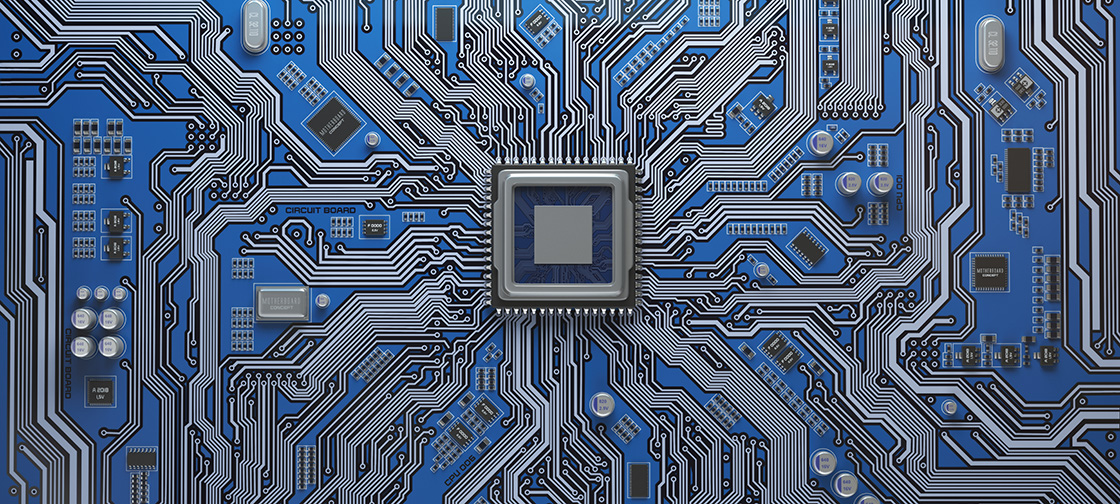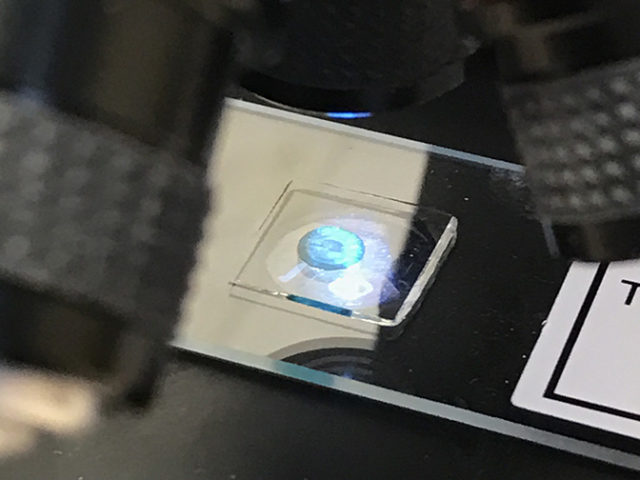Study shows particle collisions may explain overheated circuits, improve thermoelectric devices.
In the coming years, as more transistors are packed into ever smaller areas within computer chips, MIT engineers say cellphones, laptops, and other electronic devices may face a higher risk of overheating, as a result of interactions between electrons and heat-carrying particles called phonons.
The researchers have found that these previously underestimated interactions can play a significant role in preventing heat dissipation in microelectronic devices. Their results are published today in the journal Nature Communications.
In their experiments, the team used precisely timed laser pulses to measure the interactions between electrons and phonons in a very thin silicon wafer. As the concentration of electrons in the silicon increased, the more these electrons scattered phonons and prevented them from carrying heat away.
“When your computer is running, it generates heat, and you want this heat to dissipate, to be carried out by phonons,” says lead author Bolin Liao, a former graduate student in mechanical engineering at MIT. “If phonons are scattered by electrons, they’re not as good as we thought they were in carrying heat out. This will create a problem that we have to solve as chips become smaller.”
Credit: “Electron-phonon interactions affect heat dissipation in computer chips”, Jennifer Chu, MIT News Office




